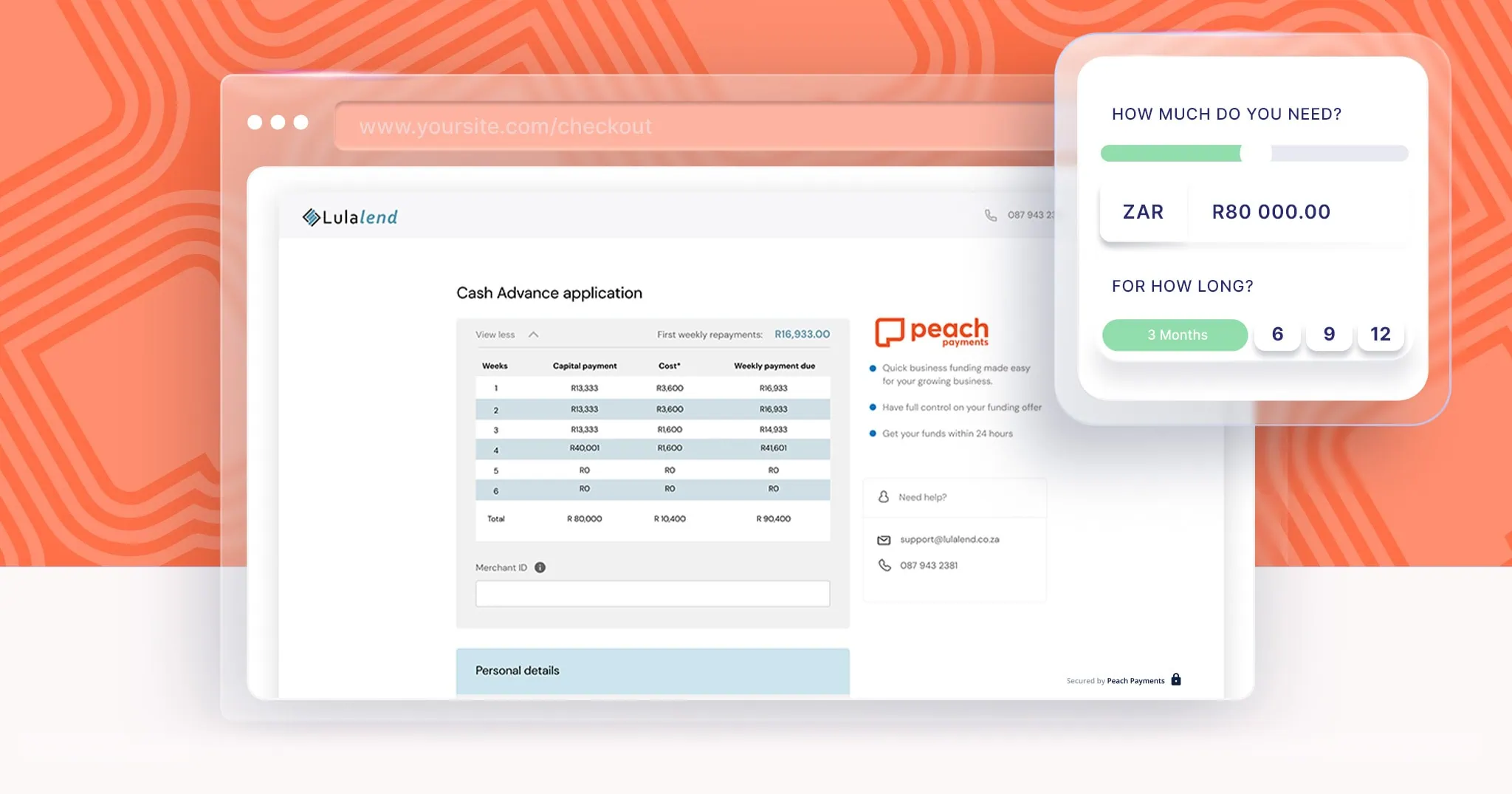The Digital Bloom: How Peach Payments Enabled Bloomable’s Growth
With a focus on quality, community, and customer satisfaction, Bloomable stands out as a pioneer in the online marketplace, transforming the way local florists connect with their customers and compete in the digital landscape.
Read More
.png)
.png)
.png)
.png)

.png)





